Huawei P10 Lite Review
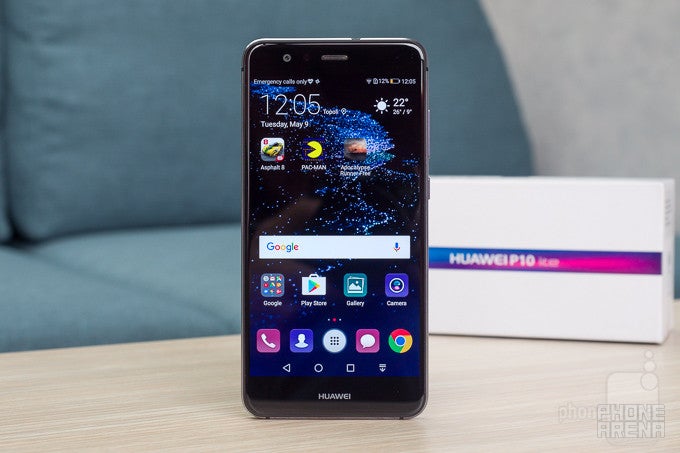
Introduction
Making a solid mid-range phone in 2017 is a rewarding, yet difficult task. If a manufacturer gets it right, its product can achieve success on a global basis, but one simple miscalculation can lead to failure in this cutthroat segment of the market.
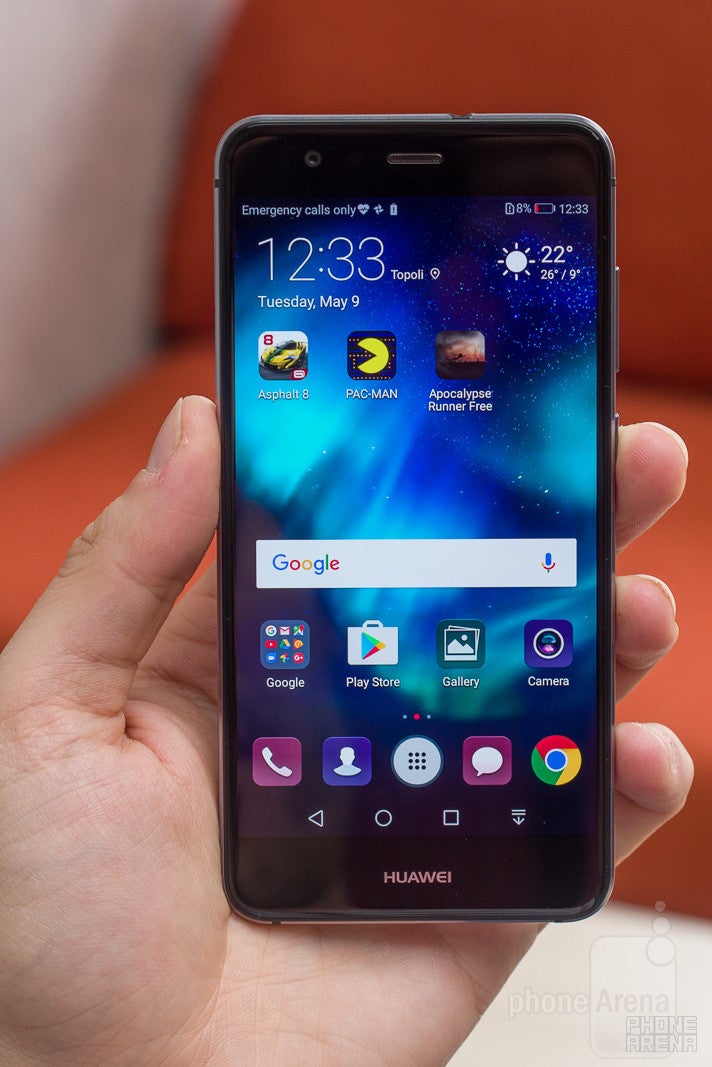
These aren't the only changes that Huawei has decided to make, so a closer inspection is needed in order to establish if the handset is worthy of your attention. Let's dive right into it!
In the box:
- Huawei P10 Lite
- 2.0 A charger
- Micro USB cable
- In-ear headphones
- Information leaflets
- SIM ejector pin
Design
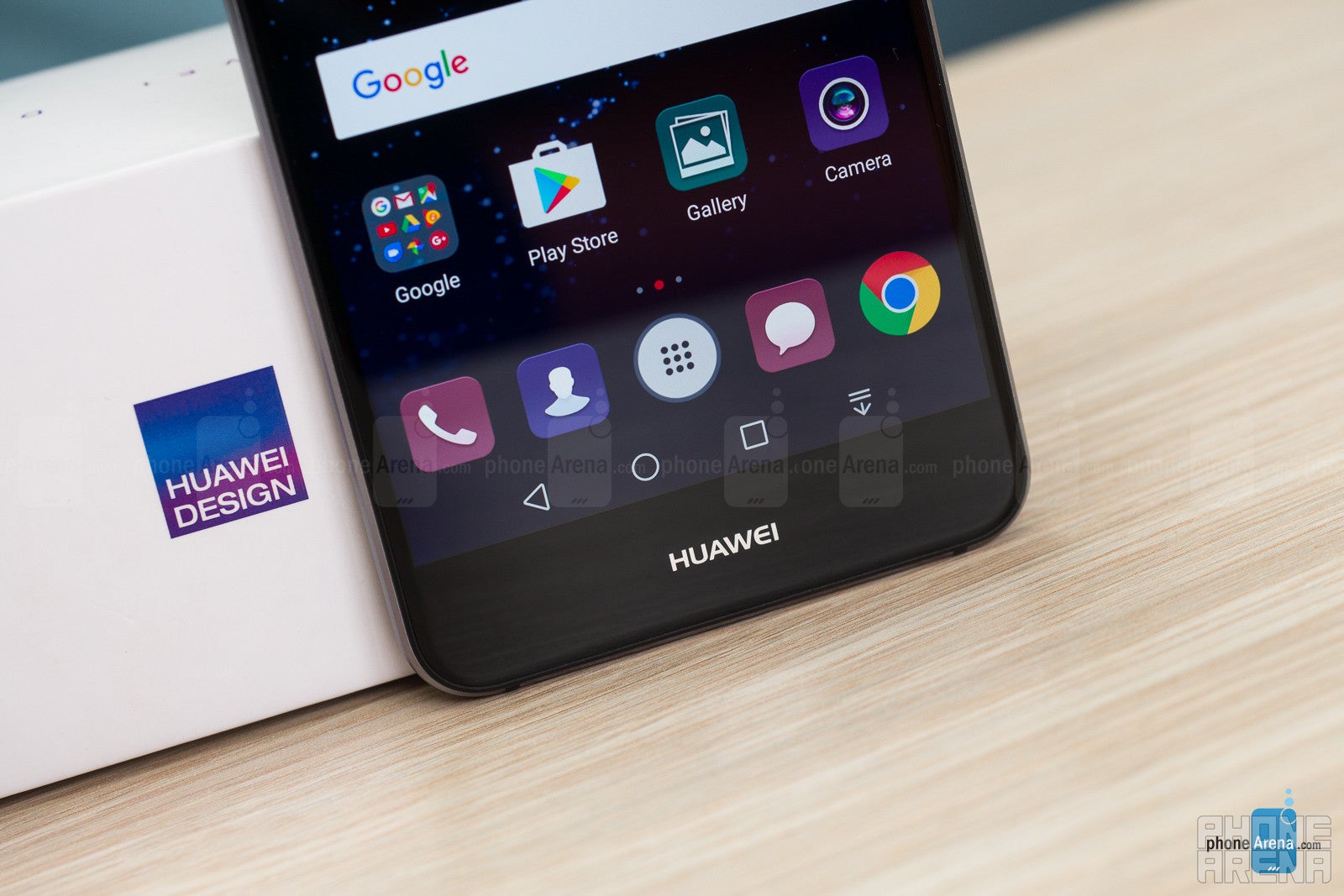
The P10 Lite is an attractive phone that adheres to Huawei's design philosophy. However, it doesn't look like a proper member of the P10 family, as it bears a much stronger resemblance to last year's P9 Lite.
You still get sleek, rounded corners on the glass and a diamond-cut metal frame, but things start to diverge from there on. The P10/P10 Plus feature an all-metal design, whereas the back plate on the Lite is made out of glass. This doesn't necessarily mean that it feels cheaper or less comfortable to hold, but pay attention as to where you leave the phone, as any surface that isn't absolutely flat can prompt the Lite to slide like there's no tomorrow. If you're planning on buying this handset, a case should be your next immediate purchase.
Other notable differences between the mid-ranger and its flagship counterparts include the lack of a dual-camera setup and physical home button, fingerprint scanner positioning, and the use of a microUSB port for charging.
The fingerprint scanner is well-positioned at the back of the device at a safe distance from the camera. Unlike some expensive, high-end Android phones, you won't run the risk of smudging the photo sensor every time you attempt to gain access to the P10 Lite. Also, Huawei has made sure to employ scanners which are super fast and reliable, so it's highly recommended that you give it a try.
Moving on to the sides of the phone - the textured power button and volume rocker are situated on the right, while the dual-SIM tray can be found on the left. At the bottom, you'll locate the microUSB port and speaker grill, while the 3.5mm headphone jack sits at the top.
In terms of size, the P10 Lite is marginally taller, wider, and thicker than the P10. This can be partly attributed to the fact that this mid-range handset actually hosts a display which is slightly larger than the one on Huawei's smaller 2017 flagship.
Display
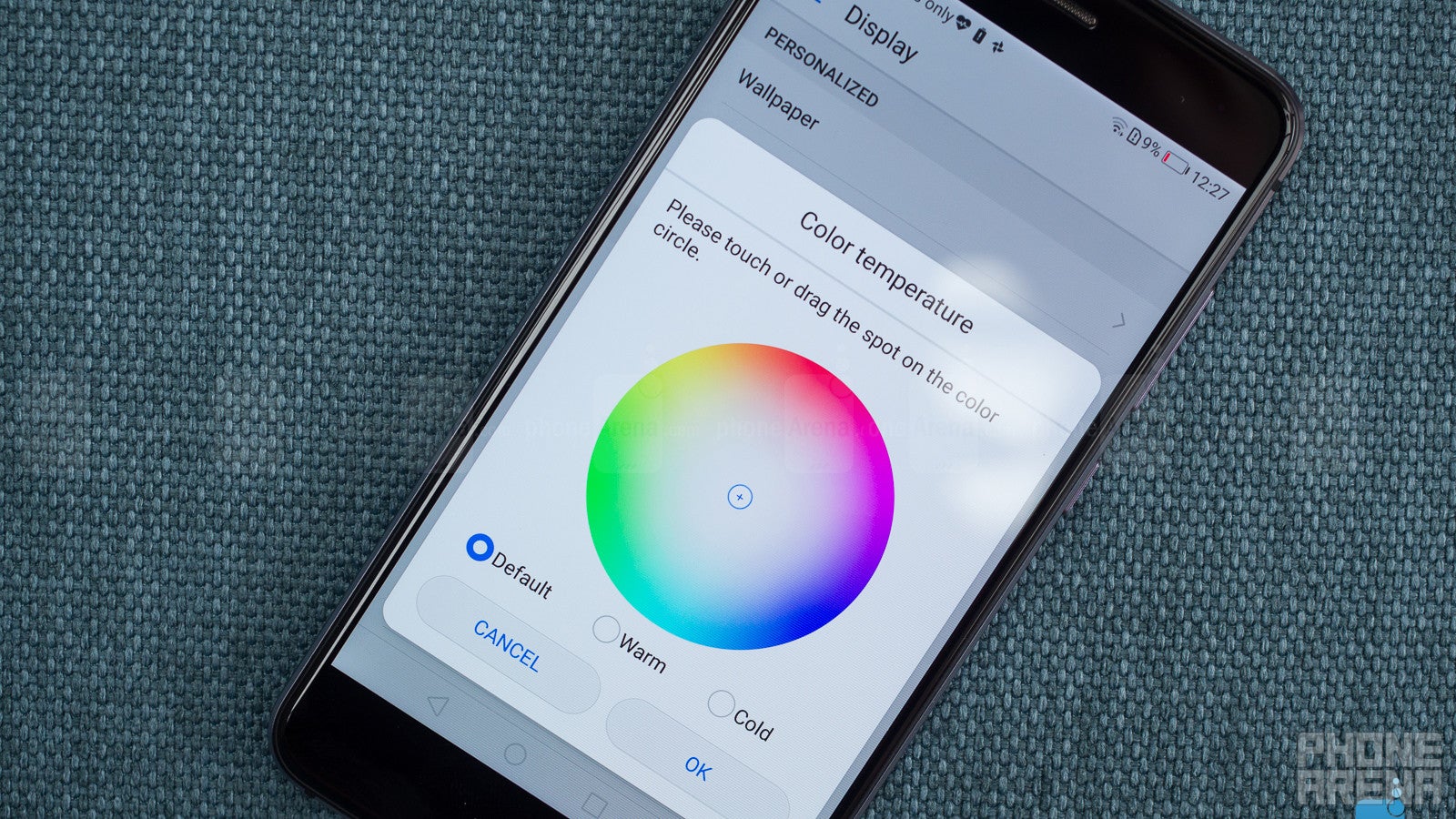
The Huawei P10 Lite comes with a 5.2-inch, Full HD LCD display. Its 1,080 x 1,920 resolution works out a decent pixel density of 424 ppi, while the maximum and minimum brightness levels respectively stand at 539 and 4 nits, ensuring good readability in both sunny and dark environments.
This is pretty much where the good news end, however. The color temperature of the screen stands at the extremely cold 9400K, which means that most colors and shades will appear way bluer than intended. If it bothers you as much as it bothers us, head over to Settings → Display → Color temperature to try and balance things out.
Also, our screen tests show that there is a slight tendency for oversaturation all across the color scale. As most people like vibrant colors, oversaturation isn't that much of an issue.
Interface and functionality
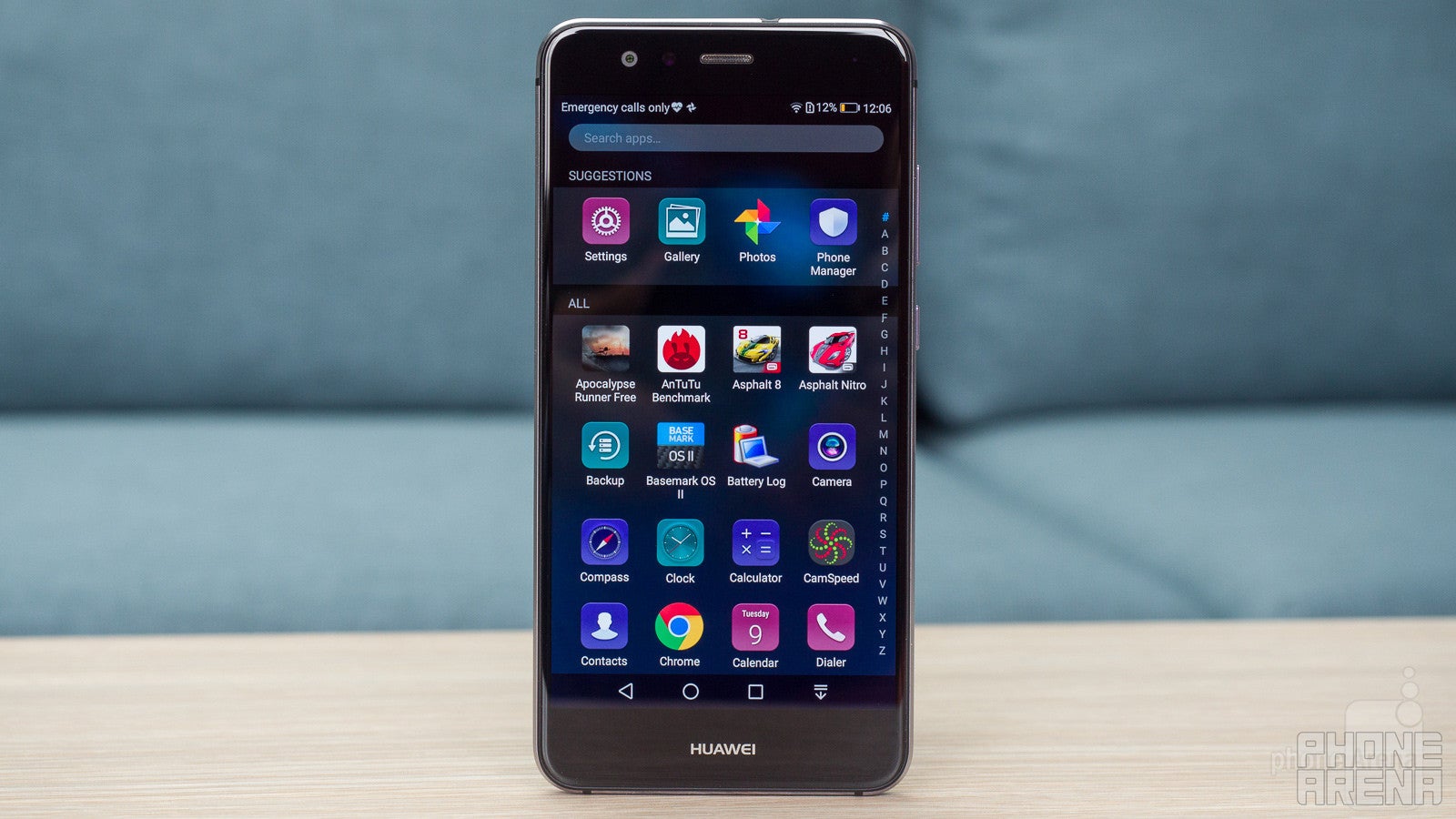
As virtually any recently released Huawei phone, the P10 Lite ships with the Android 7.0-based EMUI 5.1 interface. The overall experience is absolutely identical to the P10, with the exception that there is no physical home button to act as a multi-functional navigation key.
If you've tinkered with EMUI before 5.0 was released and didn't like the software, it might be a good idea to give it another chance. Although it still looks like an iOS ripoff, Huawei has made sure to include some features which will make stock Android fans feel more comfortable.
There's no app drawer enabled by default, but turning it on simply requires you to access the "Home screen style" section from the Settings menu. If the arrangement of the default on-screen navigation keys is not your cup of tea, there is the possibility of choosing between four different combinations.
Power users will love the fact that there are a lot of features and customization options available with EMUI. However, this richness might stagger some casual users or seniors, who won't have an easy time navigating through it all. In that case, the Simple mode, which is paradoxically located in the Advanced settings tab, can be really useful.
All of these bells and whistles suggest that EMUI is one heavy Android skin, and while that is true, cruising through the different pages, sections and screens of the interface with the P10 Lite actually happens with no observable delay. This might be due to the fact that EMUI 5 uses on-device machine learning to monitor and allocate hardware resources where they are needed the most. We've struggled with the examination of this under-the-hood feature with the P10 and P10 Plus as they boast beefy specs, but it might be making all the difference with the Lite and its less high-end hardware.
Processor and memory
Half the performance of a P10 for half the price – that's the deal offered by Huawei for the P10 Lite, at least on paper. This mid-ranger is powered by the company's in-house Kirin 658 chipset, comprised of eight Cortex-A53 cores. Four of these are clocked at 2.36GHz, while the other four run at 1.7GHz.
If you happen to live in Western Europe, the Asia-Pacific region, or Northern Africa, chances are that you'll be able to purchase the P10 Lite with 4GB of RAM. The unit that we have at our disposal comes with 3 GB of the stuff, but even this slightly inferior configuration functions surprisingly well.
Yes, the P10 Lite doesn't “bench” as much on AnTuTu or Geekbench when compared to new flagships, but it will manage to handle the vast majority of your daily needs without running into too much trouble. Navigation through the UI is seamless, and even demanding 3D games run rather smoothly on the device. Granted, you won't be playing at 60 frames per second all the time, but the experience is far from insufferable.
In terms of internal storage, you'll be getting 32GB regardless of your location. In case you need some extra space for multimedia, there’s also a microSD card slot at your disposal.
Internet and Connectivity
The P10 Lite supports most of the standard bands, but we're yet to see a US version on the market. Thus, if you live in the States and you're planning to buy the device, it might be a good idea to check for compatibility with your carrier.
As for connectivity options, the smartphone offers the full treatment - Bluetooth 4.1, NFC, GPS, the latest Wi-Fi standards and so on.
Camera
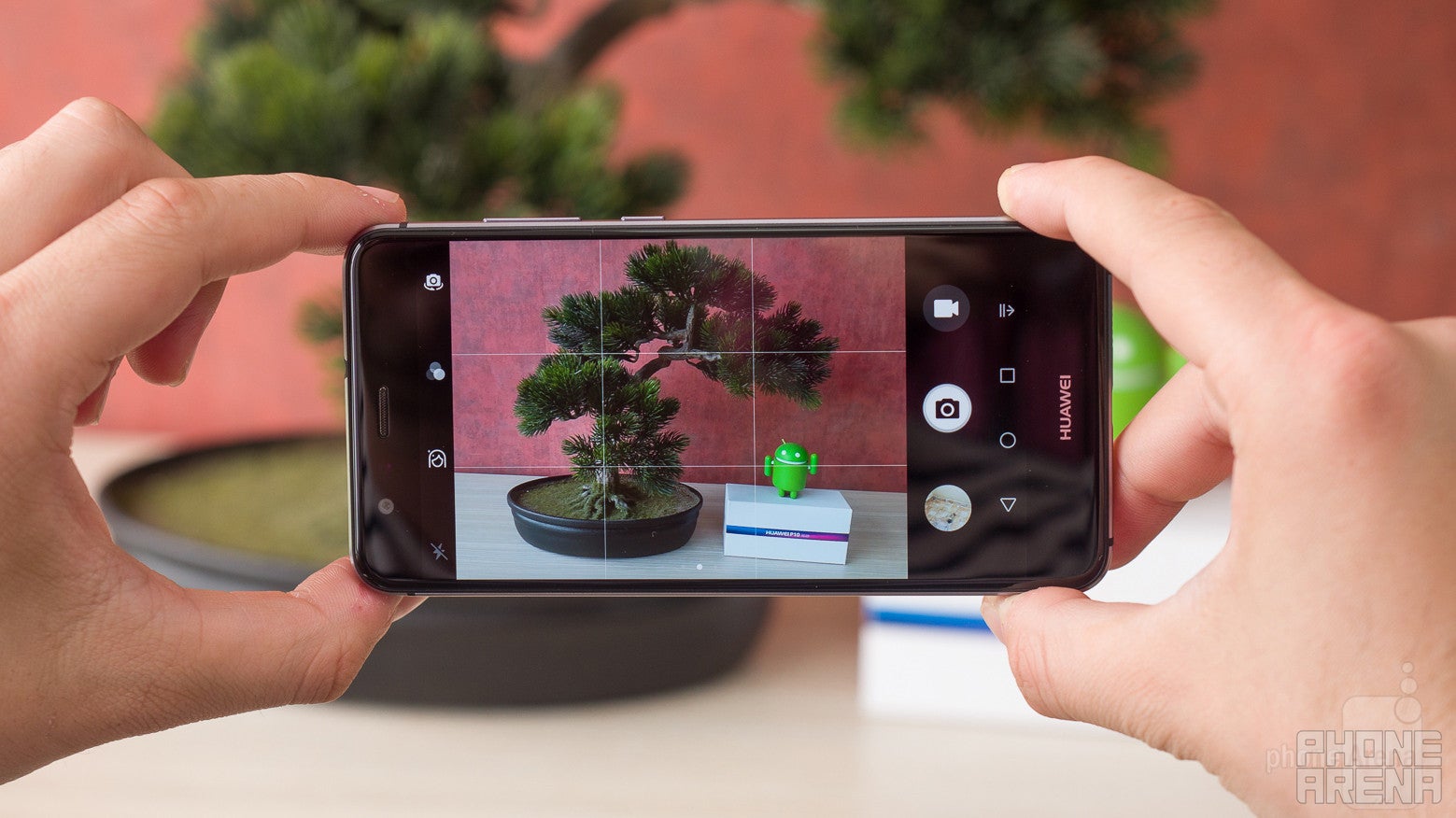
One major difference between the P10 Lite and its flagship siblings is that you won't be getting a fancy Leica dual camera at the back. While that's certainly regrettable, we have to remember that Huawei had to cut some corners in order to offer this handset at a more affordable price. Still, you won't have a bad time while taking pictures with the Lite, as its single 12MP f/2.2 sensor functions quite well.
The camera holds its own in terms of image quality, especially in proper daylight conditions. Photos appear detailed, and the color representation is okay.. There is a certain amount of grain visible in low-light shots, which isn't a surprise considering the size of the sensor. However, it's less severe than we expected, which might be due to the 1.25 micron size of the camera's pixels.
Extras like OIS and laser autofocusing didn't make the cut on the device, but the P10 Lite does benefit from the extensive camera app which is almost identical to the one on the P10. There are tons of features, filters, and modes available, including panorama, HDR, object tracking, light-painting, all-focus, and time lapse. Photo enthusiasts will also be happy to know that manual controls for both photos and videos are present.
Video quality is acceptable but not that impressive. There is no support for 4K, so the camera can only record in Full HD at 30 fps, and the lack of OIS can produce some really shaky videos. Still, there are a lot of modes present, and the autofocus kicks in rather quickly while recording.

As for the selfie cam, the 8MP front shooter is capable of taking good quality pictures. There is a Portrait mode available, which is a bit hit-and-miss. It can produce a decent selfie, but the bokeh effect does go overboard quite often. The beautification feature is pretty reliable and useful, while Full HD video recording at 30 fps is also present.
Multimedia
The P10 Lite won't be taking the "Best phone for multimedia" prize, but it's not a horrible performer either. As we stated earlier, the LCD screen panel is nothing to write home about with its inaccurate color rendition.
The phone does redeem itself a bit in the sound department. A single loudspeaker located at the bottom takes care of the audio output. It is pretty loud and doesn't crackle like the ones on some its budget-friendly rivals, but depth is certainly lacking. Unlike some other manufacturers, Huawei hasn't given up on the 3.5mm jack, so using your favorite wired headset will provide you with a better audio experience.
Call Quality and Battery life
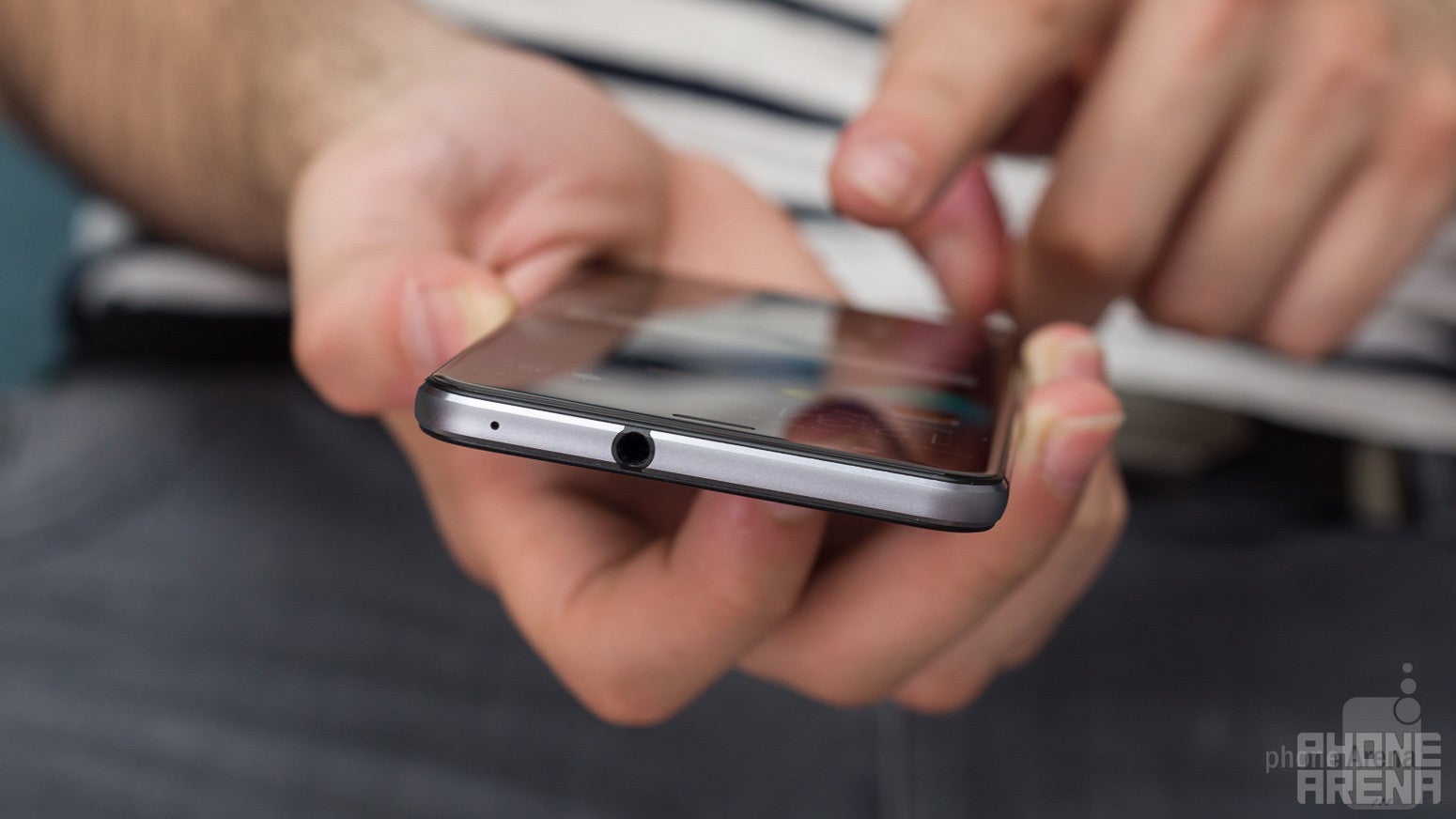
We have no qualms with the way the P10 Lite sounds during calls. The earpiece is loud enough, and the sound quality is decent. On the other side of the line we're easily understood, with no need to repeat ourselves.
In terms of battery life, the handset does not disappoint. We put the 3,000 mAh power cell through our custom benchmark, and it managed to clock in at 8 hours and 23 minutes. This is better than the P10/P10 Plus and some other contemporary flagships, but we can't ignore the fact that one of its direct rivals, the Samsung Galaxy A5 (2017), is vastly superior with its 11 hours and 9 minutes.
There is room for improvement with charging speeds, as it takes 138 minutes for the P10 Lite to go from 0 to 100%. If the battery level is low, a quick 20-minute charge will provide you with just enough juice on the go, but reaching 100% is a bit sluggish.
Conclusion
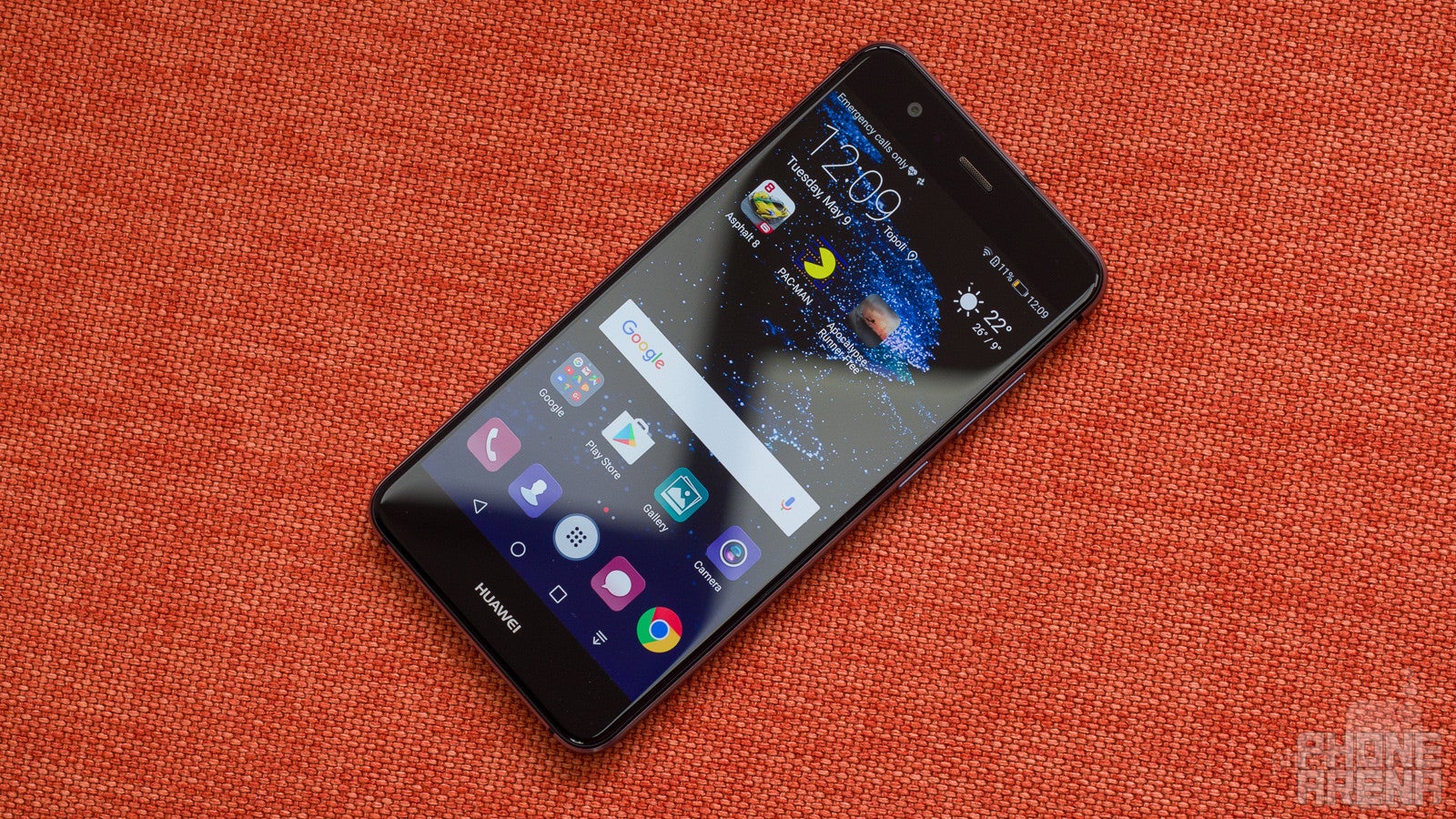
The Huawei P10 Lite is one intriguing mid-range contender. For about €350 (also going for $330 on Amazon), you get a slim phone with a great design, adequate performance, good battery, decent cameras, and the latest software.
On the downside, the display is blueish and unbalanced, the main camera lacks some features like OIS and 4K recording, and you really need to use a case to ensure the phone's prolonged survival.
We won't deny that we're nitpicking a bit here, but this is only because we simply can't leave the formidable competition out of the picture. For about the same price, the Galaxy A5 (2017) offers superior battery life and water-protection.. Meanwhile, Honor 8 comes with a similar set of advantages, with the added bonus of a dual-camera setup at the back. Lastly, we have to mention that along with the improvements over the P9 Lite, Huawei has also bumped up the price a bit since last year, and if this trend continues, future Lite handsets might end up in direct competition with OnePlus, where they won't hold much ground.
Future talk aside, let's get back to the real question – Should you buy the P10 Lite? If you like and can handle EMUI and you do prefer Huawei's design over its rivals, by all means yes. This is one complete phone that offers great value for your money, so we can't help but give it the thumbs up.

Follow us on Google News

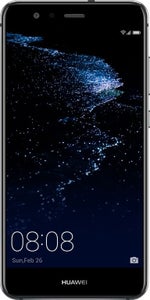
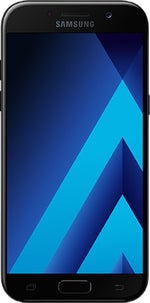

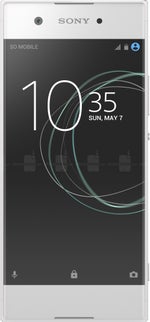





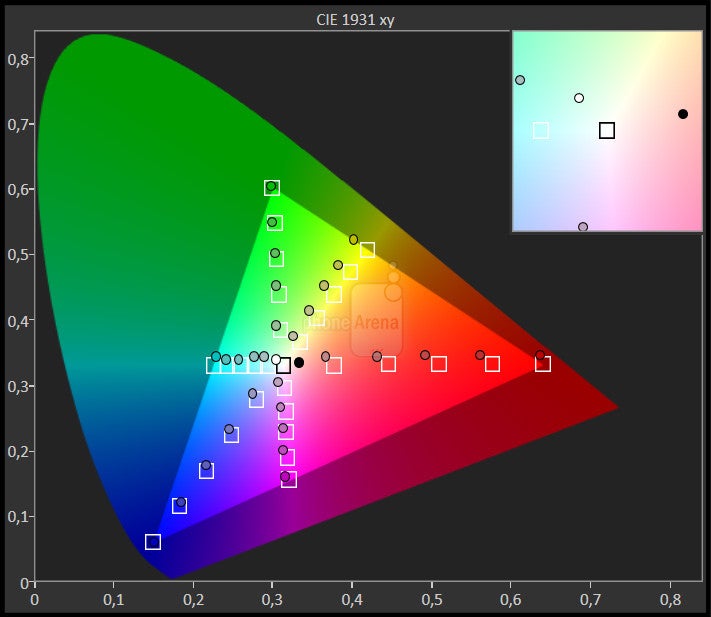












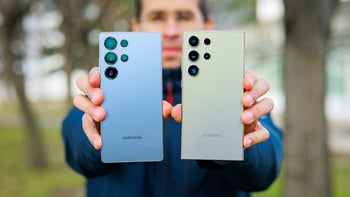




![A new Android bug is making it impossible to install new apps. Are you affected? [UPDATE]](https://m-cdn.phonearena.com/images/article/176703-wide-two_350/A-new-Android-bug-is-making-it-impossible-to-install-new-apps.-Are-you-affected-UPDATE.webp)

Things that are NOT allowed:
To help keep our community safe and free from spam, we apply temporary limits to newly created accounts: